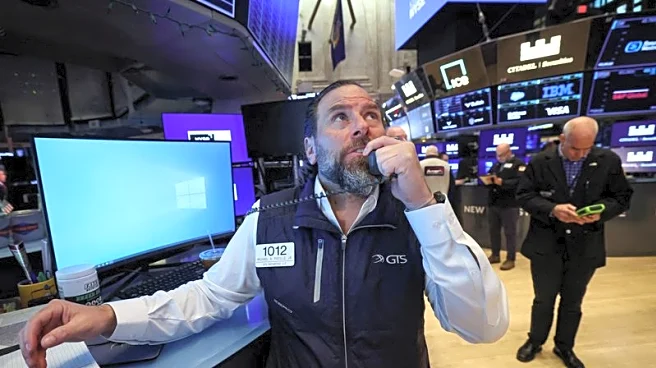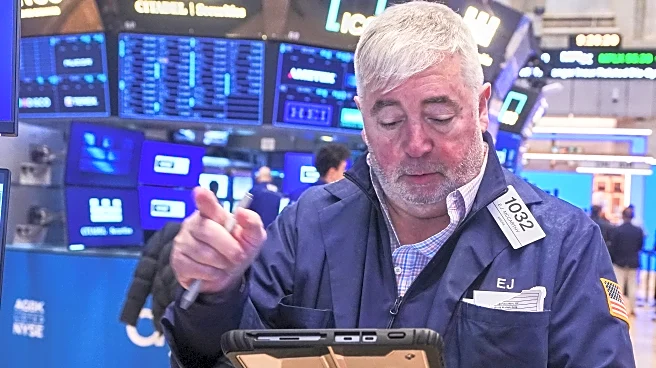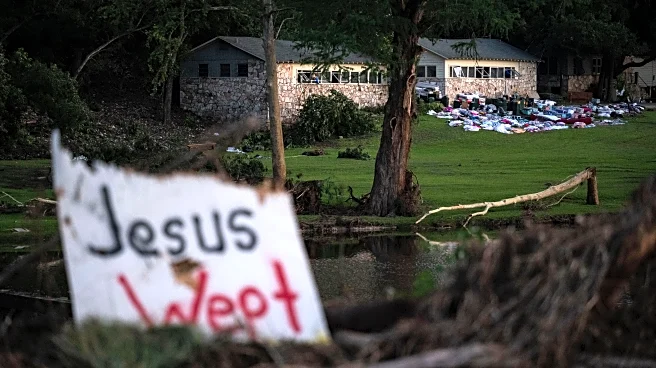What's Happening?
St. John the Divine Cathedral in Manhattan hosted its annual Blessing of the Animals event, celebrating the Feast of St. Francis of Assisi, the patron saint of the environment and ecology. The event featured a procession of various animals, including a camel, horse, cow, snake, birds, and a mini-pony, followed by a blessing ceremony for pets on the Cathedral lawn. This year, the event included a baby Zebu for the first time. However, the number of animals was reduced due to complaints from animal advocates. The event, which has been a tradition for decades, allows pet owners to bring their animals for a special benediction, and even those who cannot bring their pets due to illness or death can have photographs blessed. Despite the festive atmosphere, the event faced criticism from animal rights groups who argue that using animals for entertainment sends the wrong message about responsible animal guardianship.
Why It's Important?
The Blessing of the Animals event highlights the cultural and religious significance of animals in people's lives, reflecting the deep bond between humans and their pets. It also raises important ethical questions about the use of animals in public events. While the event is cherished by many pet owners who see their animals as family members, it has sparked a debate about animal welfare and the ethics of using animals for entertainment. Animal advocates argue that such events may exploit animals and fail to promote responsible pet ownership. The church's decision to reduce the number of animals in response to these concerns indicates a growing awareness and sensitivity towards animal rights issues.
What's Next?
The church may face continued pressure from animal rights groups to further limit or eliminate the use of animals in future events. This could lead to changes in how the Blessing of the Animals is conducted, potentially focusing more on symbolic gestures rather than live animal participation. The church might also engage in dialogue with animal advocates to find a balance that respects both the tradition and animal welfare concerns. Additionally, the event's organizers may consider alternative ways to honor the patron saint of animals without involving live animals, such as virtual blessings or educational programs on animal care and conservation.
Beyond the Headlines
The event underscores a broader cultural shift towards more ethical treatment of animals and increased scrutiny of traditional practices involving animals. As society becomes more conscious of animal rights, institutions like churches may need to adapt their practices to align with evolving ethical standards. This could lead to a reevaluation of other cultural and religious events that involve animals, prompting discussions about how to honor traditions while respecting animal welfare. The event also highlights the role of religious institutions in shaping societal values and their potential to influence positive change in animal welfare practices.










